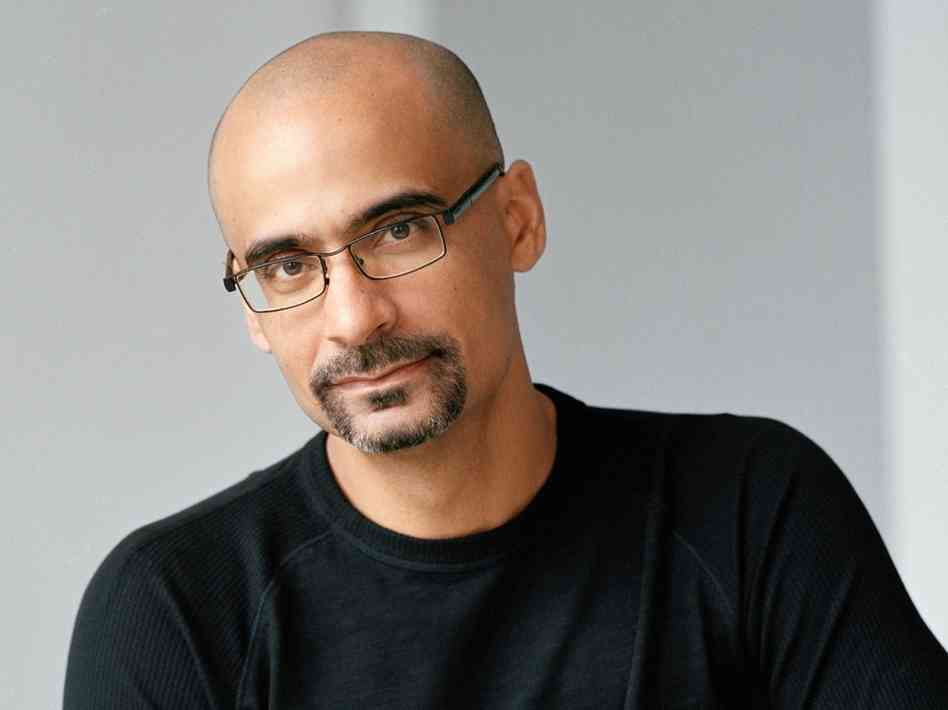
CMS affiliate and long-time supporter Junot Díaz, who will return to teaching at CMS this fall, reflected on his love of Tokyo at newsweek.com yesterday. He loves “all the bells and whistles of its modernity. The strangeness of it, the impossible overwhelming scale.”
But Junot goes on to address how cities, loved, cannot love back. Tokyo fell twice in the 20th century, only to be lovingly reborn:
Cities produce love and yet feel none. A strange thing when you think about it, but perhaps fitting. Cities need that love more than most of us care to imagine. Cities, after all, for all their massiveness, all their there-ness, are acutely vulnerable. No city in the world makes that vulnerability more explicit than Tokyo. In the last century alone Tokyo was destroyed two times. Once by the Great Kanto Earthquake and again by the bombings of World War II.
Each time Tokyo has risen anew.
Today, as radiation from the Fukushima Daiichi Nuclear Power Station drifts toward Tokyo, I am again thinking about the vulnerability of cities and of our love for them. Perhaps cities provoke so much love because they know that in that love lies their own endurance. After all, isn’t it true that for all their vulnerability, as long as a city is loved by someone it will never truly disappear? Isn’t that what it really means to love a city the way I love Tokyo: to carry within yourself the possibility, however faintly, of its rebirth?



